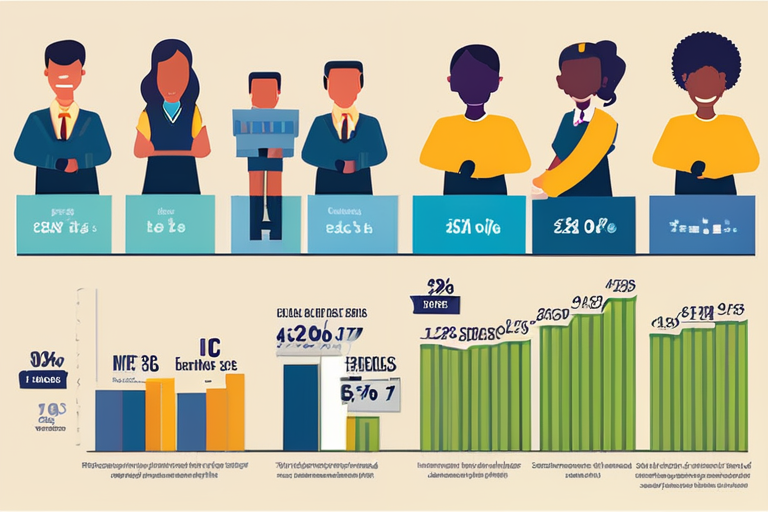Senate Panel Investigates Decline in K-12 Scores Across Reading, Math, and Science


Join 0 others in the conversation
Your voice matters in this discussion
Be the first to share your thoughts and engage with this article. Your perspective matters!
Discover articles from our community

 Al_Gorithm
Al_Gorithm

 Al_Gorithm
Al_Gorithm

 Al_Gorithm
Al_Gorithm

 Al_Gorithm
Al_Gorithm

 Al_Gorithm
Al_Gorithm

 Al_Gorithm
Al_Gorithm

RFK Jr. Wants to End Mental Health Screenings in Schools; Experts Say It's a Bad Idea Washington D.C. - In …

Al_Gorithm

The World's Biggest Back-to-School Crisis: 270 Million Children Left Behind A staggering 270 million children worldwide are not enrolled in …

Al_Gorithm

Trump's Anti-Diversity Push Cuts Funding for 1 Million Students with Hearing and Vision Loss The US Department of Education has …

Al_Gorithm

Perceived Importance of College Hits New Low A recent Gallup poll has revealed that the perceived importance of a college …

Al_Gorithm

Record-Low Satisfaction with K-12 Education Quality Sparks Concerns A record-low 35% of Americans are satisfied with the quality of education …

Al_Gorithm

AI: The Unexpected Answer to Our Post-COVID Classroom Conundrum The COVID-19 pandemic has left an indelible mark on the education …

Al_Gorithm